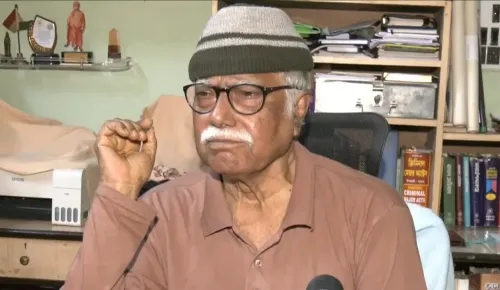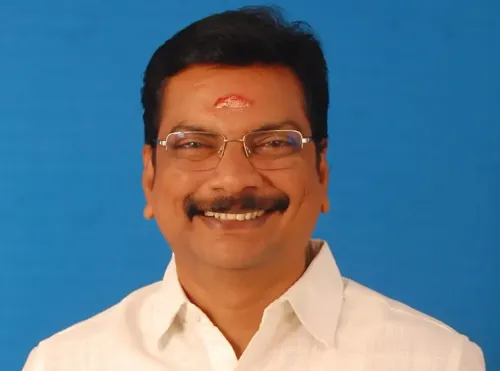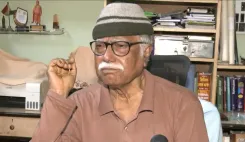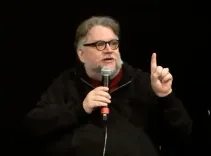Has the Mamata Government Addressed Communal Violence Effectively?
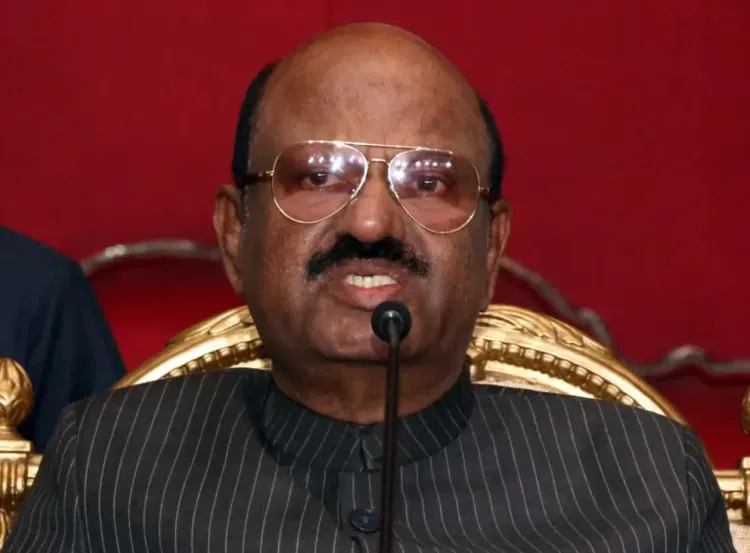
Synopsis
Key Takeaways
- West Bengal faces challenges in managing communal violence.
- Governor C.V. Ananda Bose calls for police reforms.
- Importance of border security with Bangladesh.
- Proposal for a judicial inquiry into recent violence.
- Political implications of the Governor's findings.
Kolkata, May 4 (NationPress) The West Bengal administration has struggled to control communal violence in the state, even though it has previously managed to tackle Left-Wing Extremist (LWE) threats, noted West Bengal Governor C.V. Ananda Bose in a report submitted to the Union Ministry of Home Affairs.
The report discusses the recent communal unrest in the minority-majority Murshidabad district stemming from protests against the Waqf (Amendment) Act.
Based on his field observations during a visit to Murshidabad last month, an insider from Raj Bhavan in Kolkata revealed that the Governor pointed out significant issues regarding police resources in West Bengal, including inadequate manpower and equipment, which frequently leads to the need for Central Armed Police Forces (CAPF) to be deployed in emergencies.
The Governor emphasized the urgent requirement for completing the barbed fencing at international borders in West Bengal districts adjacent to Bangladesh.
He raised alarms over increasing polarization, particularly in areas where Hindus have become a minority, citing cross-border infiltration from Bangladesh as a serious security threat.
The Governor has proposed the establishment of a statutory judicial commission to investigate the Murshidabad incident and has urged the Union government to intervene when the state government fails to act promptly.
He recommended setting up CAPF camps in sensitive regions, especially in Murshidabad and Malda, which are primarily minority-populated and border Bangladesh. Most critically, he suggested that the Union government contemplate using Article 356 if necessary to uphold law and order.
In response, Trinamool Congress state general secretary Kunal Ghosh denounced the Governor's report as politically motivated and biased in favor of the BJP.


